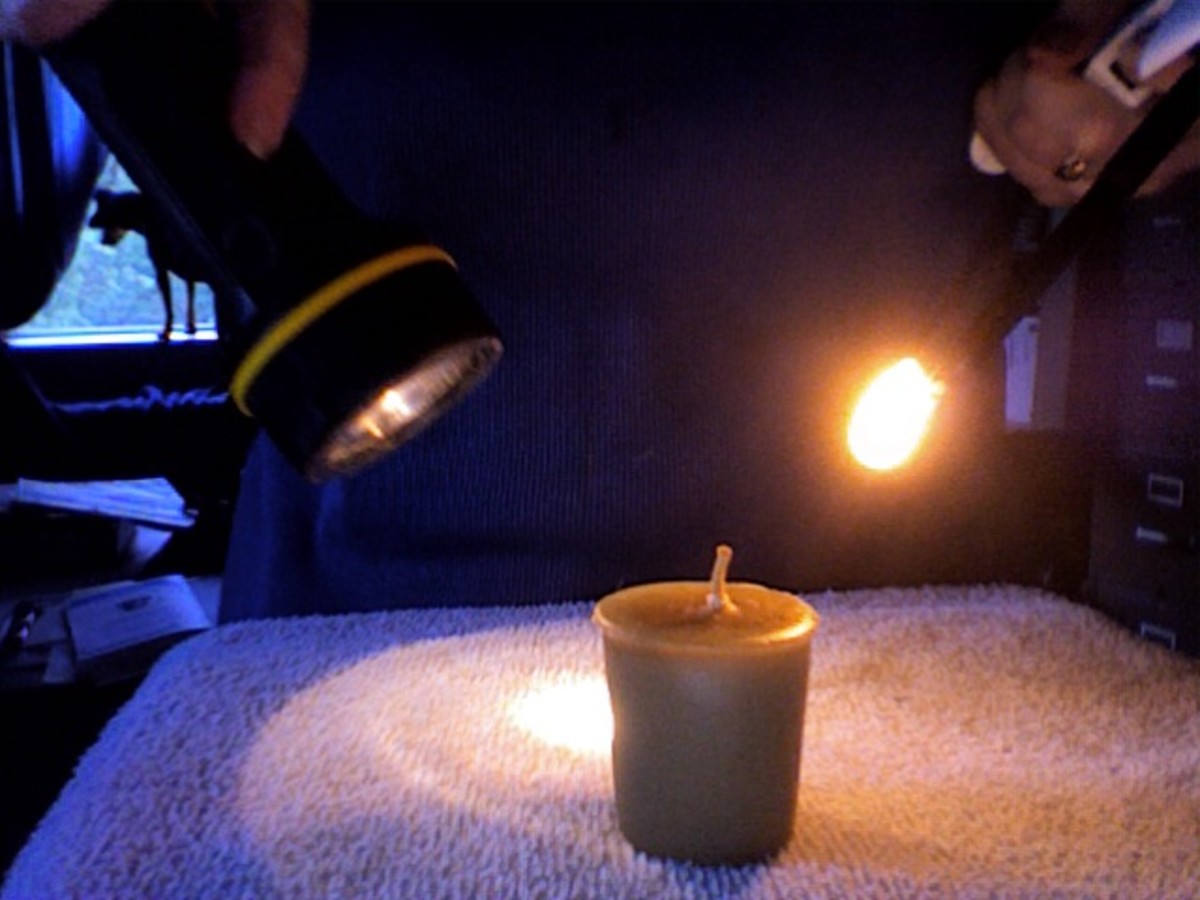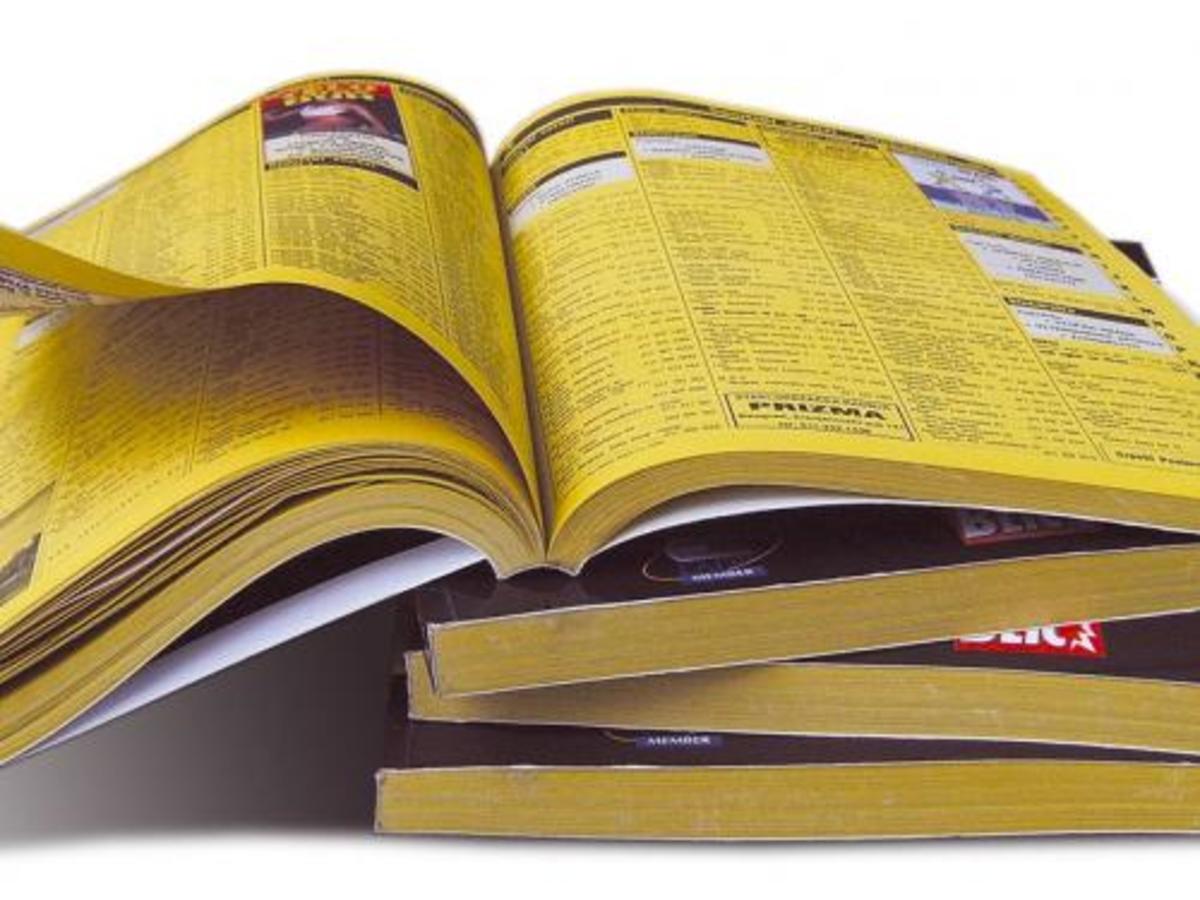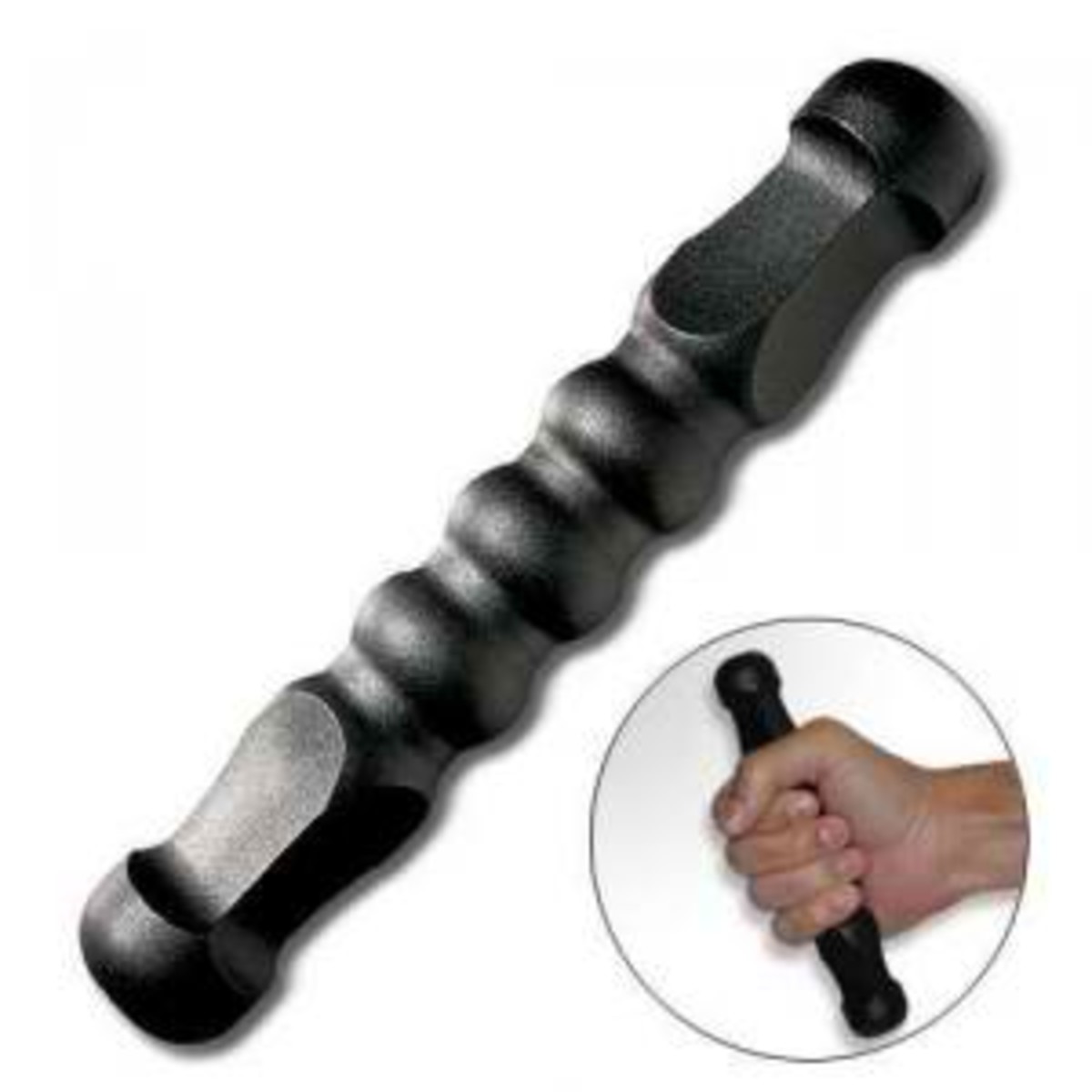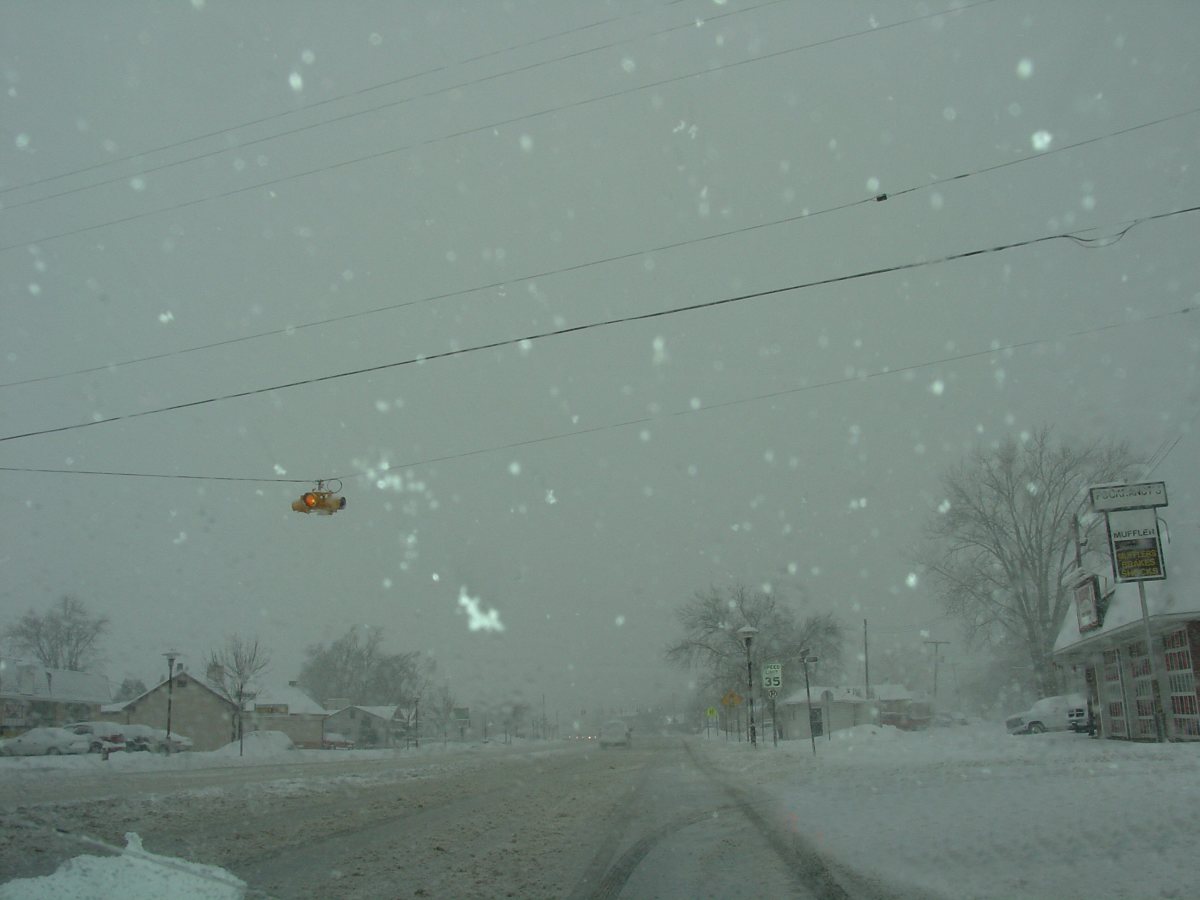Ten Things to Keep On-Hand In Case of Power Failure
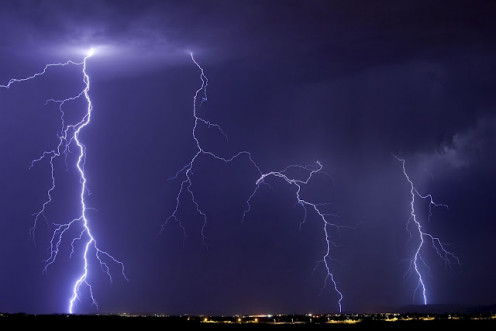
Power Hungry
People in modern first-world societies are highly dependent on reliable electricity. We fully expect power to be available whenever we want it. It’s critical for lighting, heating, refrigeration, communication, transportation, industry, and entertainment. Without it, our world quickly comes to a halt.
While the demand for electricity increases, the electric distribution network (the “grid”) continues to age. This increases the risk that outages will become more common as time goes on. A failure in one location can cascade throughout the aging system. While there isn’t much that we as individuals can do to improve the grid, there are steps we can take to lessen the impact that power outages have on us.
Some of these suggestions are very simple and inexpensive, which others require more of an investment. Pick and choose the things that make the most sense for you.
Water
If your house is serviced by a public water system, the water should still be available as long as the public water tanks aren’t empty. However, they could run out if the power outage lasts long enough. Also, water treatment plants may not be running normally because of the outage. Larger towns and cities may have backup generators for this, but many smaller ones don’t. Pay close attention to any public service announcements regarding drinking water.
If you have a private well, your pump won’t operate without electricity. If you have a generator or some other source of emergency power, you may still have access to water until that power is exhausted.
In either case, it’s a good idea to have some water set aside for emergencies. Three days worth of water at a rate of a least one gallon of water per person per day is recommended. More water may be needed for children, sick people, and nursing mothers. Everyone will need more if the weather is hot.
Purchasing bottled water may be best because it’s packaged under controlled, sanitary conditions. Store it in a cool, dark place. Use and replace it as it nears the expiration date marked on the bottle. Water doesn't spoil, but some chemicals can leach out of the plastic and into the water over time.
Do you have flashlights and extra batteries available in case of emergency?
Flashlights
Flashlights are very important for safety during a blackout. They allow you to find your way in the dark and check on conditions in different parts of your house. Small LED flashlights are very durable, bright, and efficient. Keep several in different places in your house for quick access.
A flashlight for each person plus one or two extra would be safe, convenient, and not too expensive.
Extra Batteries
Keep extra batteries for any flashlights, radios, and other devices that you may need during power outages. Keep a stock of each size that you need to power your devices. Batteries have a finite shelf life, so be sure to keep track of the expiration dates on the them.
There are also small solar panels that can be used to recharge batteries and cell phones. They would use a useful addition to your supplies.
Non-Perishable Foods
A variety of canned foods such as soup, pasta, fruits, and vegetables are always good to keep on hand. Even if there’s no power available, you can still eat them cold. Just be sure to have a manual can opener!
Other good food types to have on hand include peanut butter, crackers, dry cereal, protein or fruit bars, and granola. Remember to plan for any special dietary needs. Also, remember food and water for your pets.
Emergency Radio
An emergency radio will help you stay aware of what is happening during the power failure. This may include important announcements from the power company or other authorities.
There are several types of emergency radios available. They typically receive AM, FM, and weather alert channels. Many also include a flashlight and a cell phone charger. One good thing about these radios is that you don’t have to install disposable batteries. A hand crank charges a small internal battery. On some of these units, one minute of cranking can provide an hour of light or 15-20 minutes of radio.
Money
Having a stash of emergency cash can make life a lot easier during a power outage. If the lights are out, you won’t be able to access an ATM or a bank teller. Stores probably won’t be able to process credit or debit charges. You need cash.
Keep a variety of denominations on hand. If all you have are $20 bills, everything will cost you at least $20 if people can’t make change. At a minimum, I recommend:
- $30 in $1 bills
- $100 in $5 bills
- $100 in $10 bills
- $200 in $20 bills
This should be enough to last through a power failure of at least several days. Be sure to keep this emergency cash in a safe place until you need it.
Full Tank of Gasoline
If the power fails, gas stations won’t be able to pump gas. If the power outage is going to be for an extended time, you may want to leave the area. If you’re low on gas, you risk getting stuck on the road. Topping off your tank whenever you get down to half a tank is a good habit to maintain.
First Aid Kit
Everyone should have a first aid kit in their home and another one in their vehicle. You can use those to help stop bleeding and protect wounds until trained medical personnel are available.
The American Red Cross recommends the following items for a basic first aid kit for four people:
- 2 absorbent compress dressings (5 x 9 inches)
- 25 adhesive bandages (assorted sizes)
- 1 adhesive cloth tape (10 yards x 1 inch)
- 5 antibiotic ointment packets (approximately 1 gram)
- 2 packets of aspirin (81 mg each)
- 2 hydrocortisone ointment packets (approximately 1 gram each)
- 1 roller bandage (3 inches wide)
- 1 roller bandage (4 inches wide)
- 5 sterile gauze pads (3 x 3 inches)
- 5 sterile gauze pads (4 x 4 inches)
- 2 triangular bandages
- 5 antiseptic wipe packets
- Oral thermometer (non-mercury/nonglass)
- 1 blanket (space blanket)
- 1 breathing barrier (with one-way valve for mouth-to-mouth resuscitation)
- 1 instant cold compress
- 2 pairs of non-latex gloves (size: large)
- Scissors and tweezers
- First aid instruction booklet
Generator
If your area is prone to power failures, you may want to invest in a generator. Depending on how much you want to invest, you may be able to get a generator that will automatically start up and power the majority of your host during an outage.
A natural gas generator has less maintenace requirements than a gasoline or diesel generator. They are quick to start up and you have fuel as long as the gas supply lasts.
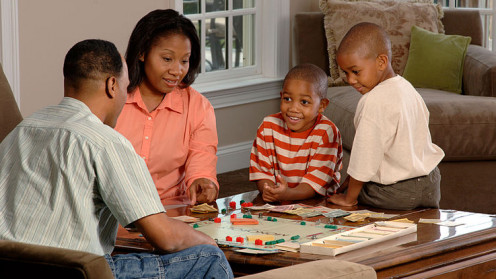
Entertainment
When the power is out, many common forms of entertainment - television, movies, video games, internet - are unavailable. Have a few books or crossword puzzles on hand to help pass the time.
If you have kids, this would be a good time to get out a puzzle, board game, or story book. They may be disappointed when the lights come back on!
Solar Power Doesn't Help
Solar panels are becoming much more popular in recent years, but they don't help in the case of a power outage. Residential solar panels are made to shut down during a power failure. Because these systems are able to send electricity into the electric grid, they shut down during a power failure to protect anyone who is working to repair the outage. Power entering the grid from an unexpected source could be dangerous to the workers.
Cautions
Power outages can lead to dangerous conditions. To help stay safe and minimize damage, keep these things in mind:
- Beware of fallen electrical wires outdoors.
- Turn off or unplug lights, computers, and other appliances to protect them and the grid when power is first restored.
- Beware of carbon monoxide; do not try to heat your home with a propane grill.
- In cold weather, open faucets slightly so water trickles to help prevent pipes from freezing.
- In cold weather, be aware of the signs of hypothermia.
- In hot weather, be aware of the signs of heat exhaustion and heat stroke.
- Dispose of perishable food (eggs, meat, etc) in your refrigerator if its temperature has been above 40 degrees for two or more hours.
- Dispose of frozen foods if they no longer contain any ice crystals.
Conclusion
As the power grid continues to age and people are reluctant to spend the money it takes to maintain such systems, it is likely that we'll experience more frequent and longer lasting power failures.
A power outage of several hours to a day can be a bit of an adventure, especially for children. Much longer than that starts to become a major inconvenience. You can minimize the risk to you and your family by following some of the suggestions in this article.



